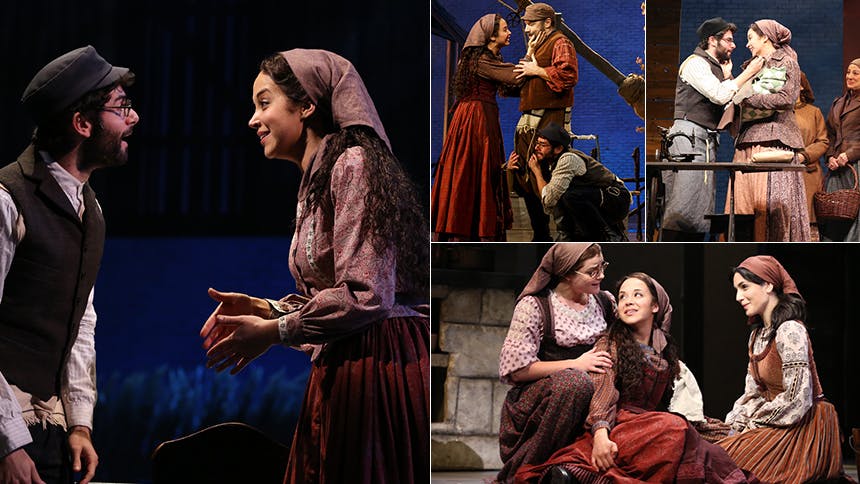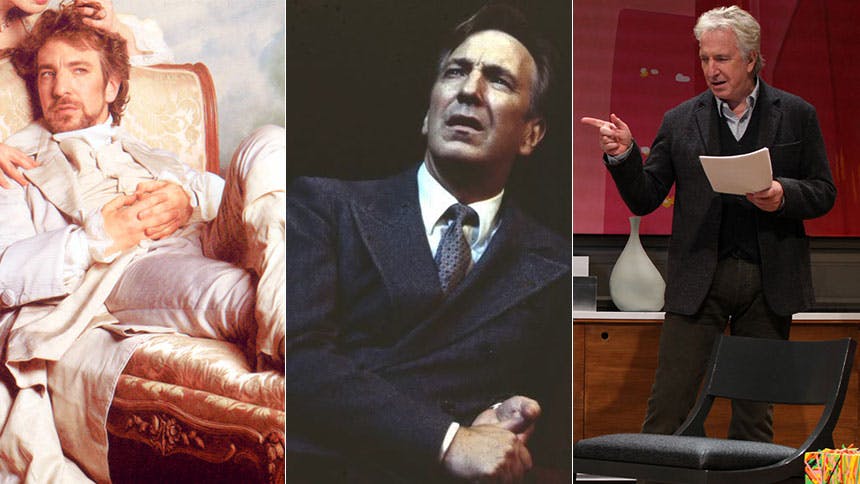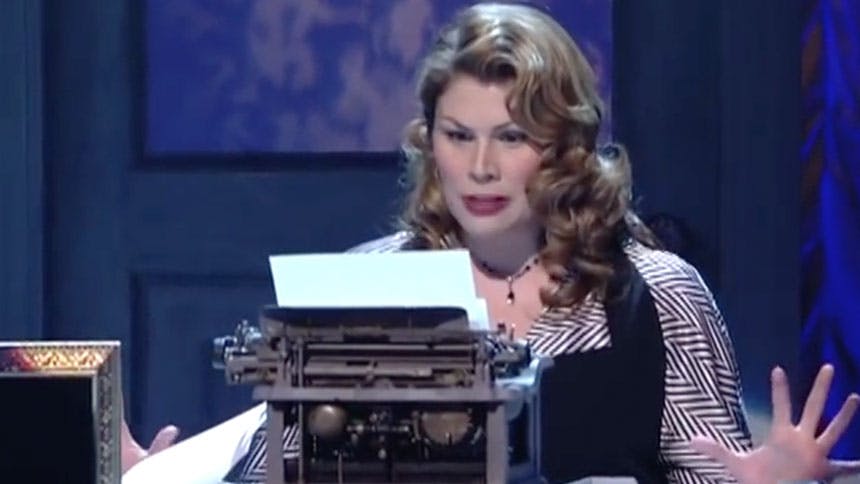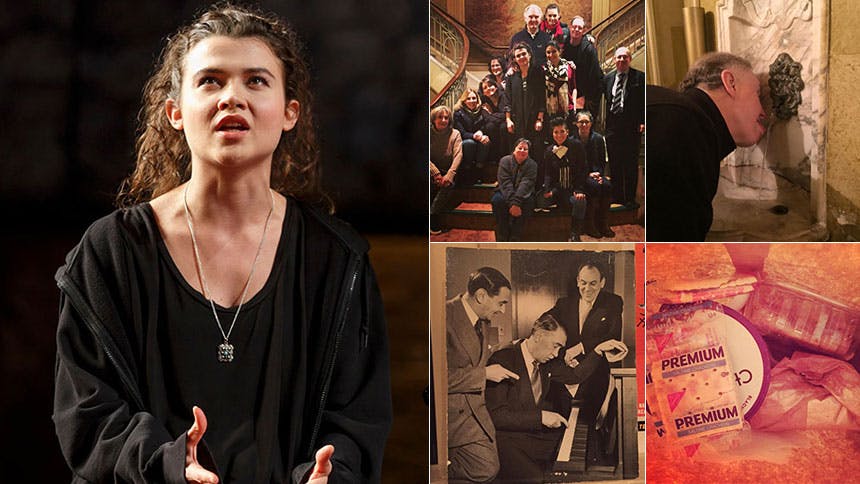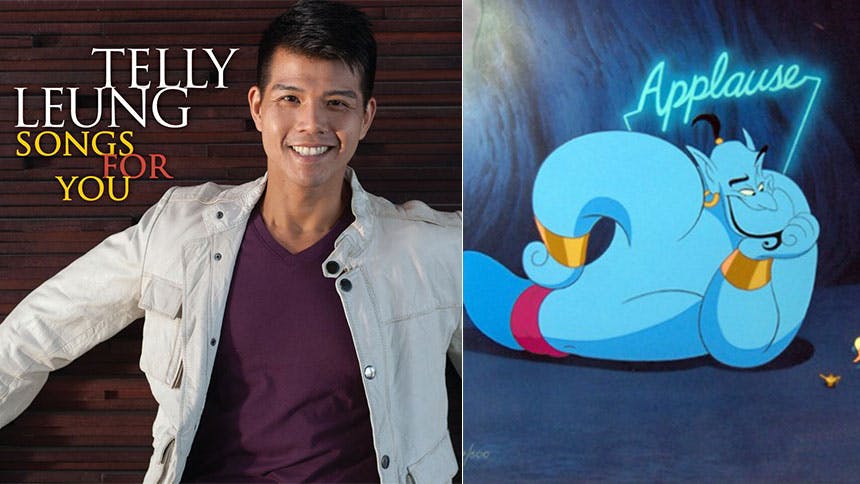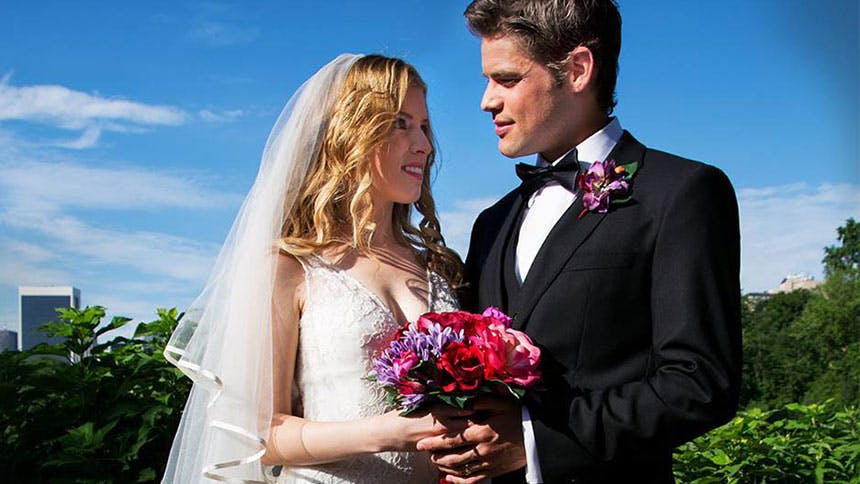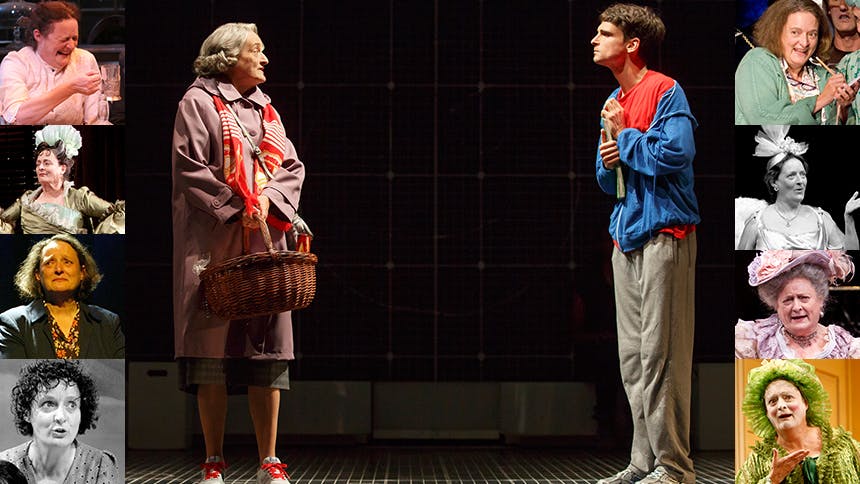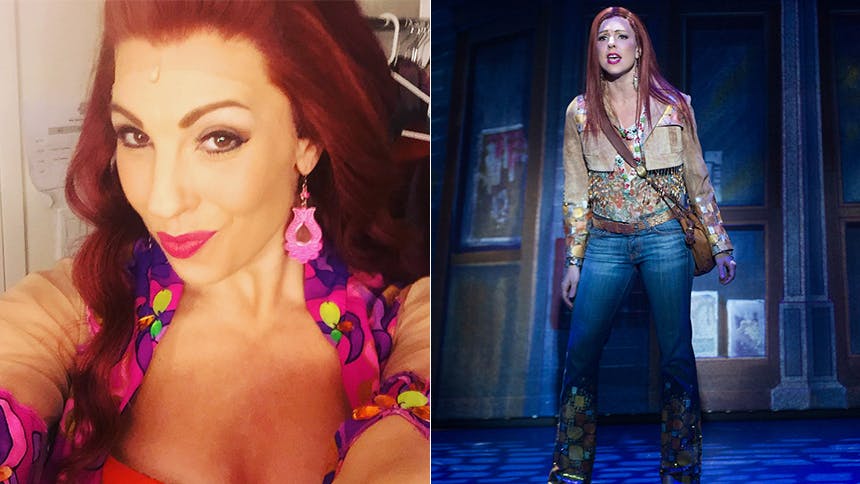Alexandra Silber brings so much vigor and heart to the role of Tzeitel, Tevye's eldest daughter, in the acclaimed Broadway revival of Fiddler on the Roof
. Though that should come as little surprise to anyone who has seen Silber's work in Master Class, Arlington, She Loves Me, My Fair Lady, West Side Story or in London's Fiddler on the Roof, Carousel or The Woman in White. BroadwayBox caught up with the Grammy-nominated actress, teacher, and playwright to discuss revisiting Fiddler now, future Shakespearean moments, and advice for actors.1. You played Hodel in the West End; when you created that character, what did you think of Tzeitel in relation to her? Now as Tzeitel, how do you view Hodel?
They are probably the two sisters that are the most different and most at odds. I think my Hodel saw Tzeitel as a stick in the mud. Certainty, it’s in the script, Tzeitel is very stoic. She’s more conservative and the most faithful and embracing of the Jewish woman role, and Hodel is more a firebrand. One of the things I think that’s interesting about this production is that my Tzeitel sees Hodel as slightly irresponsible and not empathetic to the nature of her life problem at the moment. One of the things that’s really unique about Tzeitel, and that I’ve come to respect living her, is that she’s the only character of the three sisters that has been in love with her love match her entire life—the thought of not being with him is life-shattering—while the other two fall very, very passionately in love but it’s more recent. Tzeitel’s is a lifelong dream that’s being threatened imminently because she is the first. When matchmaker comes, the horror, the pain, and the unbelievable anxiety is something the younger girls can’t understand, and in this production I try to show them what it feels like.
2. What are the three most important things in your dressing room right now?
I have a really, really cute owl vase that gives me life. I love owls and it’s the perfect size. Every time I look at it I nod respectfully as if to say, ‘Hello Mr. Owl.’ The other is a really beautiful photograph of my parents on their wedding day, because for me playing Tzeitel is really about marriage and children and family. She has one of the most iconic weddings in the history of theatre and I wanted a little reminder. Then the girl who played Tzeitel when I was in London—she’s one of my best friends—sent me the wedding ring she used in the wedding scene. She put it on a little chain so I can have it with me for good luck, and it’s hanging on my lamp. I’m quite sentimental but it helps me because when you walk in the theatre all your familiars are there, and it’s nice.
3. What's a role you're dying to play in 20 years time?
In 20 years, I’ll be 52 and I would be pretty excited to play Cleopatra. I love that play because it’s about mature love. Then I guess my musical answer is Mama Rose.
4. As a playwright, what in your opinion is the perfect show?
Fiddler has no fat on it. It’s a really, really solid book. But also West Side Story is that culmination of every single thing at the apex of itself—dance, orchestrations, singing, scene work. You can’t have anyone half-ass West Side Story. My play answer is Our Town. What proves Our Town is the best play ever is that you can see it at a middle school and the message comes across and still rings true. The same quality comes through in Fiddler. They are classics but they are classics for a reason.
5. You teach at Pace. What's the best advice and worst advice a teacher has ever given you?
The best advice is from a teacher named Adrian Howells, who sadly is no longer with us, and he taught me in Glasgow at the Royal Scottish Academy. He taught me “it’s all allowed.” He created this atmosphere where you can try anything, ask anything and make any mistake and it’s all allowed. We’re all learning. It’s a kind way to look at the world and art—since art is so exposed.
The worst advice I was ever given was someone telling me that where I went to college was the most important decision I would ever make. I would amend it by saying it’s certainly one of the most important decisions you make but not more important than who you chose to marry or where you decide to live. Also it’s not permanent. If you don’t like where you go to school you can change. I ended up switching where I went to college, and I’m so glad to learn you can get a second chance and learn from that mistake and it’s not the end of the world.
The good advice I hope I give my own students (and I wish someone had told me) is success is not about what you do, it’s about how you feel about what you do. I’m so excited this current job and this current work is on Broadway and people are seeing it and being moved by it but the way I feel about it is so much more important to me. It could be happening in Podunk, Nowhereville and I’d still feel successful and satisfied, and that’s really important.
Get yourself over to the Broadway Theatre to see Alexandra Silber shine in 'Fiddler on the Roof'.
